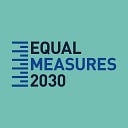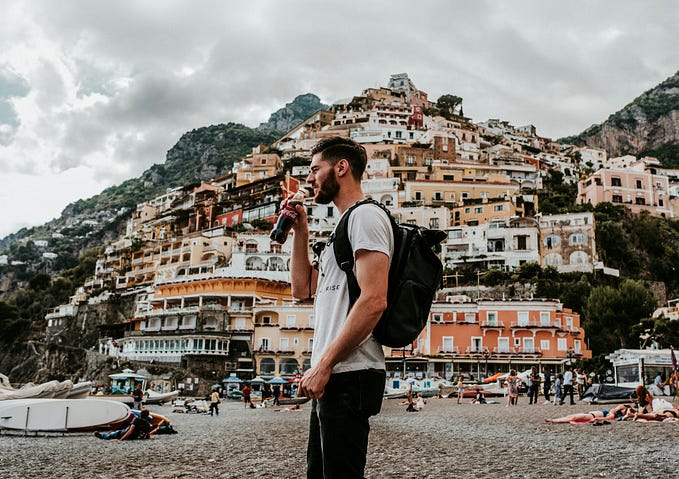Colombia: Using data to tell the story of gender inequality
On a recent visit to Colombia, we met with our partner, La Ruta Pacifica de las Mujeres. Founded in 1996, Ruta Pacifica works with over 300 women’s organisations across Colombia to promote a feminist vision of peace and non-violent civil resistance for gender equality.
Colombia has been affected by decades of civil conflict, particularly in rural areas. During the war years, Ruta Pacifica amplified women’s voices — highlighting them as both victims of war and actors for peace. Ruta Pacifica always advocated for the political negotiation of a peace agreement.
With local branches across the country, Ruta Pacifica has mobilised over 100,000 women, taking their message to the smallest rural villages as well as the highest echelons of political power. They have been key partners in the peace agreement forged with the government and the FARC-EP in 2016. In the past few years, La Ruta Pacifica has developed a historical memory component through the Colombian Women’s Truth and Memory Commission.
In line with the ethos of Equal Measures 2030, Ruta Pacifica interprets data from local and regional districts to inform their advocacy work to ensure all levels of government are accountable for their SDG commitments, particularly to SDG 5 (gender) and SDG 16 (peace & institutions).
Ruta Pacifica is also instrumental in supporting potential women political candidates at the municipal and national levels. It is their belief that more women need to be involved in governing the country, or gender equality can never truly be reached. They have coached numerous women candidates, encouraging them to run for office as well as urging key political parties to accept more female candidates. As one Ruta Pacifica member suggested “we need to open the path for others to follow behind”.
In recreating a ceremony that Ruta Pacifica performs on a regular basis in town squares across the country (which is part of the International Women in Black Pacifist Movement), the women demonstrated how they support communities dealing with the ongoing legacy of armed conflict. Sometimes they use this opportunity to convey the true situation of gender-based violence in Colombia and women’s lack of equality to the general public — by using data in an arresting way (via placing key statistics on the front of small replica coffins).


La Ruta Pacifica de las Mujeres is truly a grassroots organisation working in Colombia to promote the rights of women. By using data to tell the story of local women’s lives, they can make a real difference in their advocacy. And by supporting women political candidates, they can live by their belief, as one volunteer explained, that “every aspect of women’s lives is political”.
Learn more about La Ruta Pacifica de las Mujeres and the work they do in Colombia.










